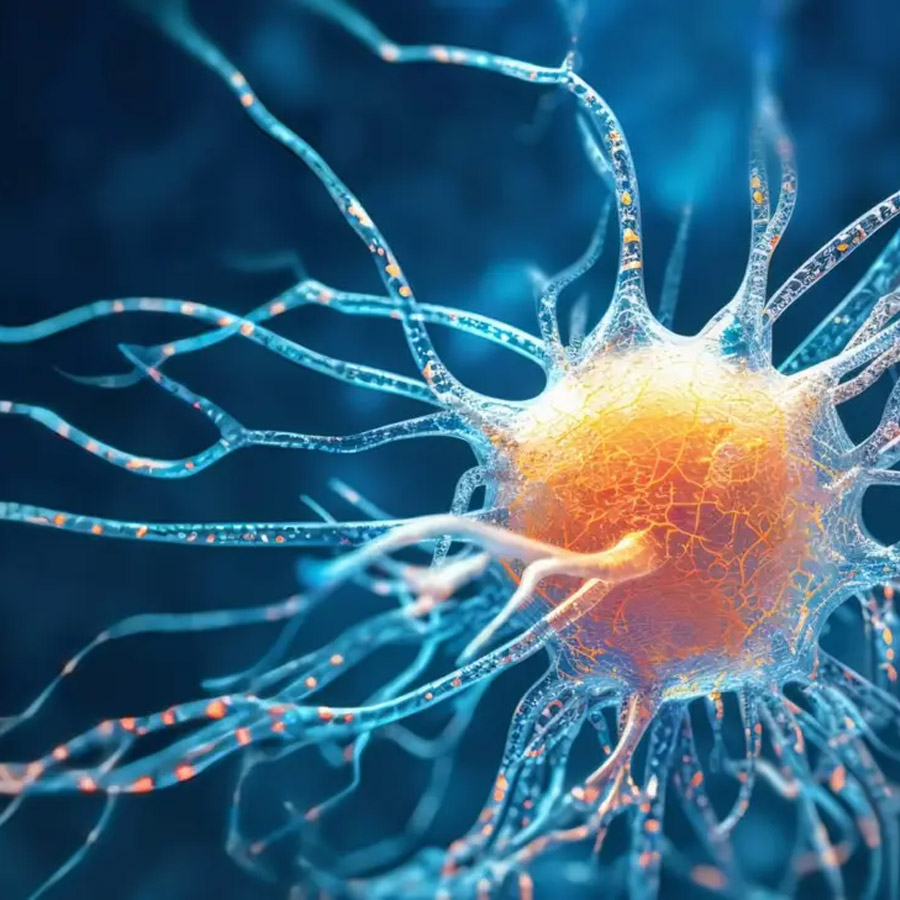Imagine a future where the secret to maintaining cognitive youth lies in the sugars we consume. Sounds too good to be true? Recent research from Stanford Medicine offers a new perspective on this topic.
Glucose, a simple sugar molecule that plays a vital role in our bodies, might be the key to understanding the aging brain’s ability to produce new neurons.
Aging Brain and Neurogenesis
As we age, our brains, like the rest of our bodies, begin to slow down. This decline is particularly noticeable in the brain's ability to undergo neurogenesis—the process of forming new neurons. Reduced neurogenesis significantly affects cognitive functions, leading to memory loss and the accelerated progression of neurodegenerative diseases like Alzheimer’s and Parkinson’s.
But why does this happen? A research team led by Dr. Anne Brunet, a professor of genetics at Stanford University, set out to investigate.
Glucose and Brain Aging
The team used CRISPR technology for genetic screening to identify genes that could potentially "wake up" dormant neural stem cells in the brains of aging mice. Among the 300 discovered genes, one gene stood out: the Slc2a4 gene, which codes for the glucose transporter protein GLUT4.
"We found 300 genes, but one was particularly interesting—the gene responsible for glucose transport. This suggests that elevated glucose levels may keep old neural stem cells inactive," explains Dr. Brunet.
From Laboratory to Real Life
Experiments on mice showed that knocking out the Slc2a4 gene increased the production of new neurons by more than two times. This was particularly evident in the olfactory bulbs and the subventricular zone, where neural stem cells concentrate. This finding is a significant step in understanding how glucose affects the activation of brain stem cells.
The Glucose-Brain Connection
Further investigation revealed that old neural stem cells consumed twice as much glucose as younger ones. This increased glucose consumption seemed to keep the cells in a dormant state. By reducing glucose levels, the stem cells became more likely to activate and produce new neurons.
Therapeutic Potential
The connection to the GLUT4 protein opens up exciting possibilities for developing new treatments for the aging brain. In the future, this could lead to the creation of pharmaceuticals aimed at stimulating neuron growth or dietary recommendations, such as low-carbohydrate diets.
Limitations of the Study
Despite these promising results, it's important to remember that the experiments were conducted on mice. Further research is needed to confirm these findings in humans and understand the potential long-term consequences.
Nonetheless, this discovery provides hope for developing new therapies that can help maintain cognitive health and youthful brains.
The connection between glucose and the brain opens intriguing possibilities for enhancing brain function as we age. We can expect innovative therapies that will help us care for our cognitive health and maintain mental clarity throughout our lives.


















